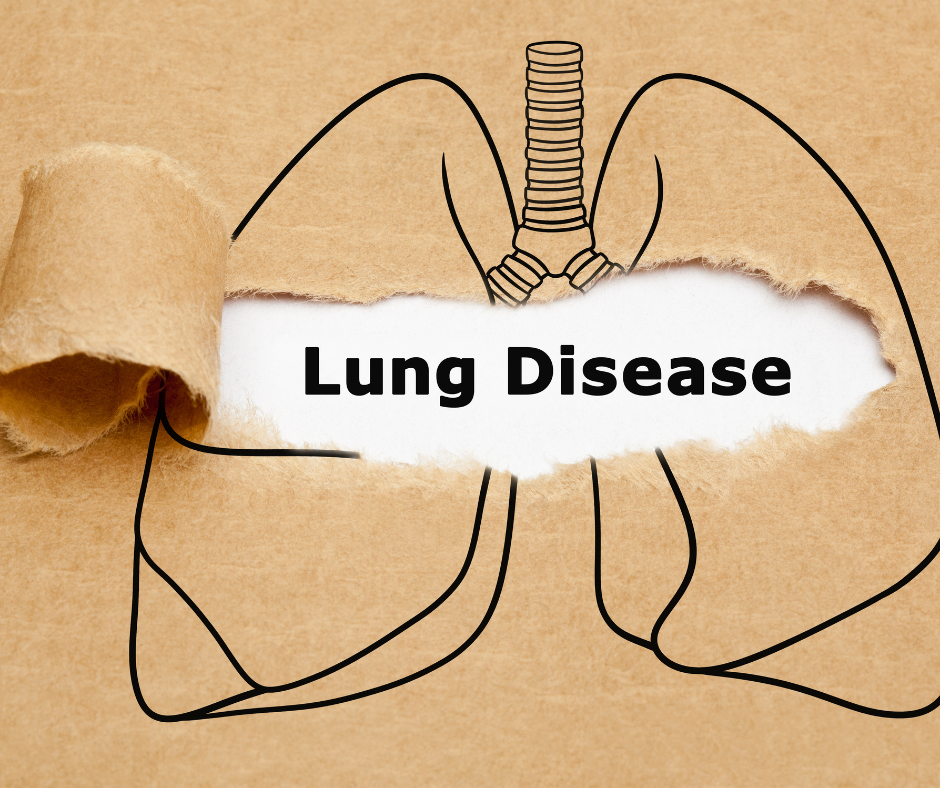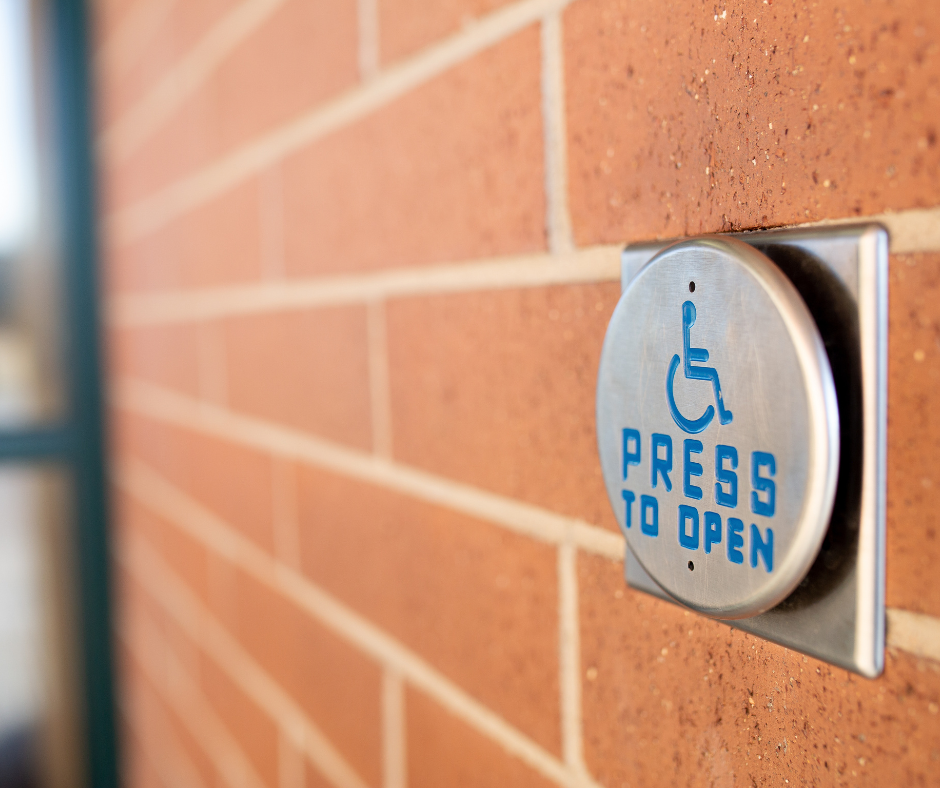The Importance of Invisible Disabilities Week
Invisible Disabilities Week is a time to foster understanding, compassion, and support. It helps bridge the gap between those who live with these hidden conditions and those who might not be aware of their prevalence or impact. This week encourages education about the realities of living with an invisible disability, which can lead to greater empathy and advocacy.
History of Invisible Disabilities Week
Invisible Disabilities Week was founded by the
Invisible Disabilities Association (IDA) in 2014. Since then, it has been celebrated annually in October, with the goal of bringing awareness, education, and support to individuals and communities about unseen disabilities. The week aims to highlight the challenges faced by those with invisible disabilities and to promote understanding and acceptance.
Sharing Your Story
Your story is powerful. Sharing your experiences can help others see the reality of living with an invisible disease and foster a sense of community and support. Here are some tips to share your story effectively:
Be Authentic:
Speak honestly about your experiences. Share the ups and downs, and how your condition affects your daily life.
Educate:
Provide information about your specific condition. Many people might not understand what autoimmune or autoinflammatory arthritis entails.
Highlight the Invisible: Emphasize the challenges of having an invisible illness—the fatigue, the pain, the mental and emotional impact.
Connect: Engage with others who have similar experiences. Joining support groups or online communities can provide a platform for sharing and receiving support.
Advocate:
Use your story to advocate for better understanding and accommodations in workplaces, schools, and public spaces.
Use Hashtags: #InvisibleNoMore #InvisibleDisabilitiesWeek
Invisible Disabilities Week is a reminder that while some battles are invisible, they are no less significant. By sharing your story, you contribute to a culture of empathy and support, making the world a more understanding place for everyone.







